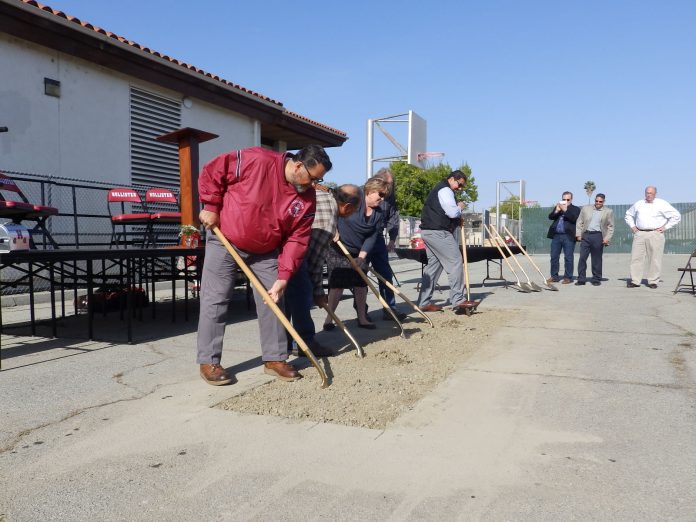
The county’s civil grand jury is the latest organization to challenge the use of lease-leaseback arrangements such as the ones planned for San Benito High School’s bond projects.
The recently released San Benito County Grand Jury report culminated the past year’s work of 19 volunteers who investigated taxpayer-funded agencies, either upon request or on their own volition. Those government entities are required to respond in some manner to the report’s allegations within 90 days.
Among the grand jury’s examinations, it looked at the San Benito High School District’s narrow passage of the $42.5 million bond last June. As for question marks, the grand jury recommended the high school district reexamine the use of lease-leaseback arrangements, for construction projects, which forgo the public bidding process.
San Benito High School District trustees earlier this month approved moving ahead on lease-leaseback arrangements for upcoming construction upgrades at the school gym, to air-conditioning systems and in classrooms.
A court case from earlier this year called into question the Fresno Unified School District’s use of a lease-leaseback arrangement, according to media outlets. Opponents of the process have argued it shuts down the public bidding process, a key part of maintaining transparency with taxpayer funds. In light of the court case, San Benito High School staff officials and district trustees recently examined the issue further in trying to ensure construction contracts were done appropriately.
A lease-leaseback plan allows a district to lease land for a small amount—a minimum of $1, according to state education code—to any person, firm or company constructing a building for the school on that site. The private party picks its own subcontractors to do the work and is responsible for delivering the project at a fixed, “guaranteed maximum price,” swallowing extra costs if expenses run over budget.
Once the project is done, the developer leases the property back to the district for a given amount of time.
One of the grand jury’s recommendations in its report includes the following:
“District Leadership should conduct an in-depth evaluation of the feasibility of a lease-leaseback arrangement, compare and contrast to other construction methods and subsequently make public its decision and rationale before construction begins.”
The report went on: “If the Board chooses the lease-leaseback method, it should be with full understanding, awareness and ability to address issues that will arise due to inherent conflict with Public Contracts Code requirements that require bids. If the lease-leaseback method is implemented, clear guidelines should be established to address that conflict.”
Look back for more. Katie Helland contributed to this report.









